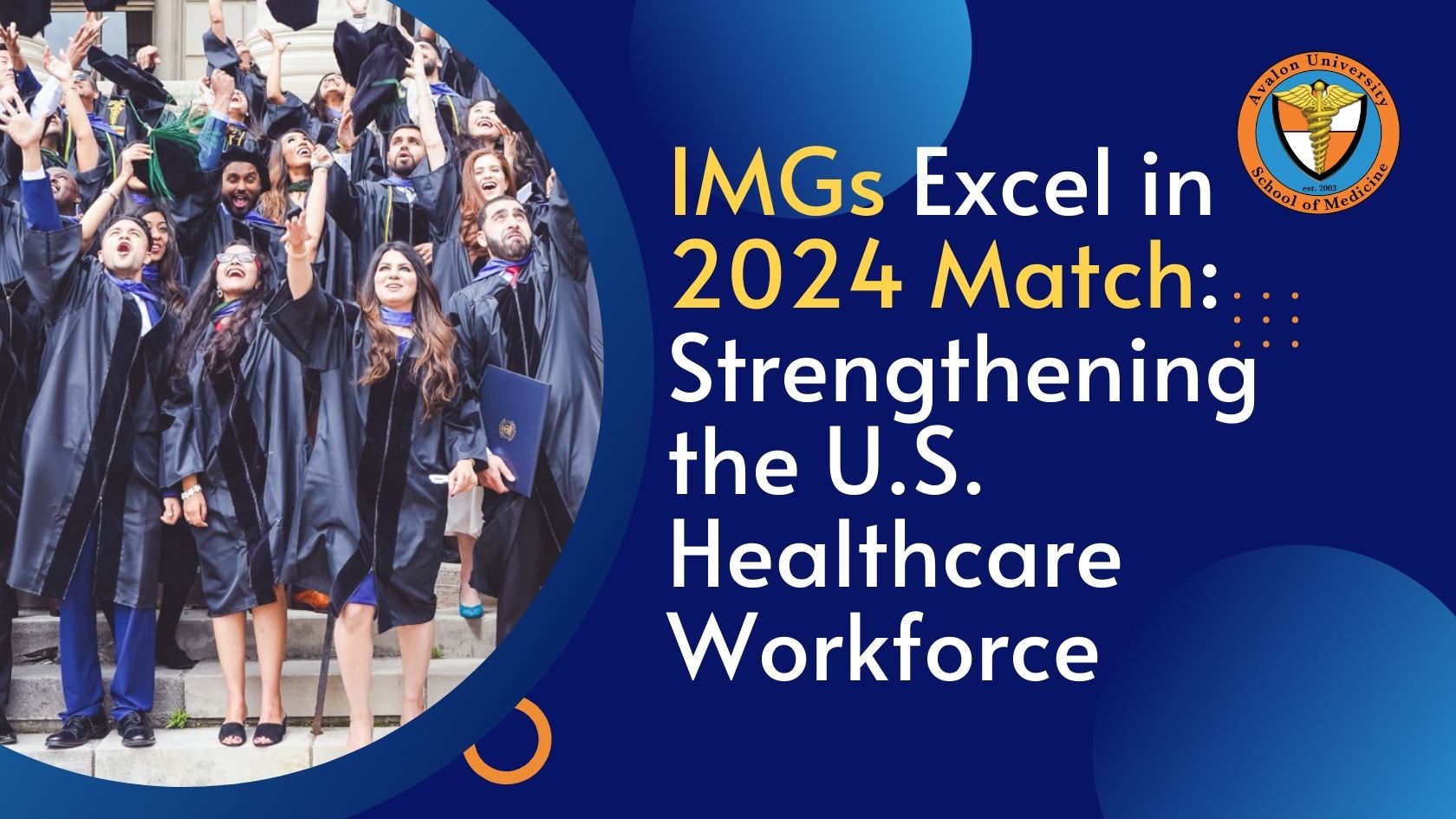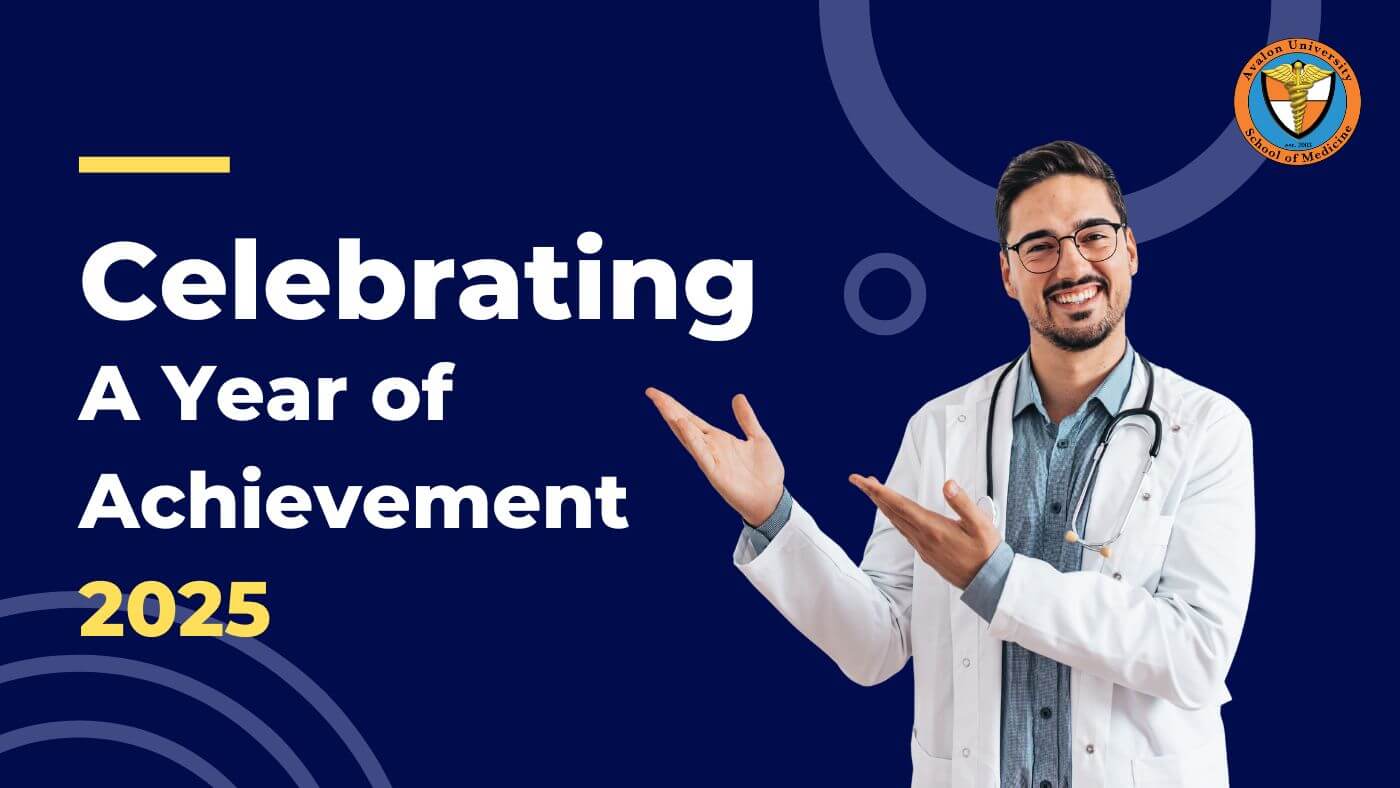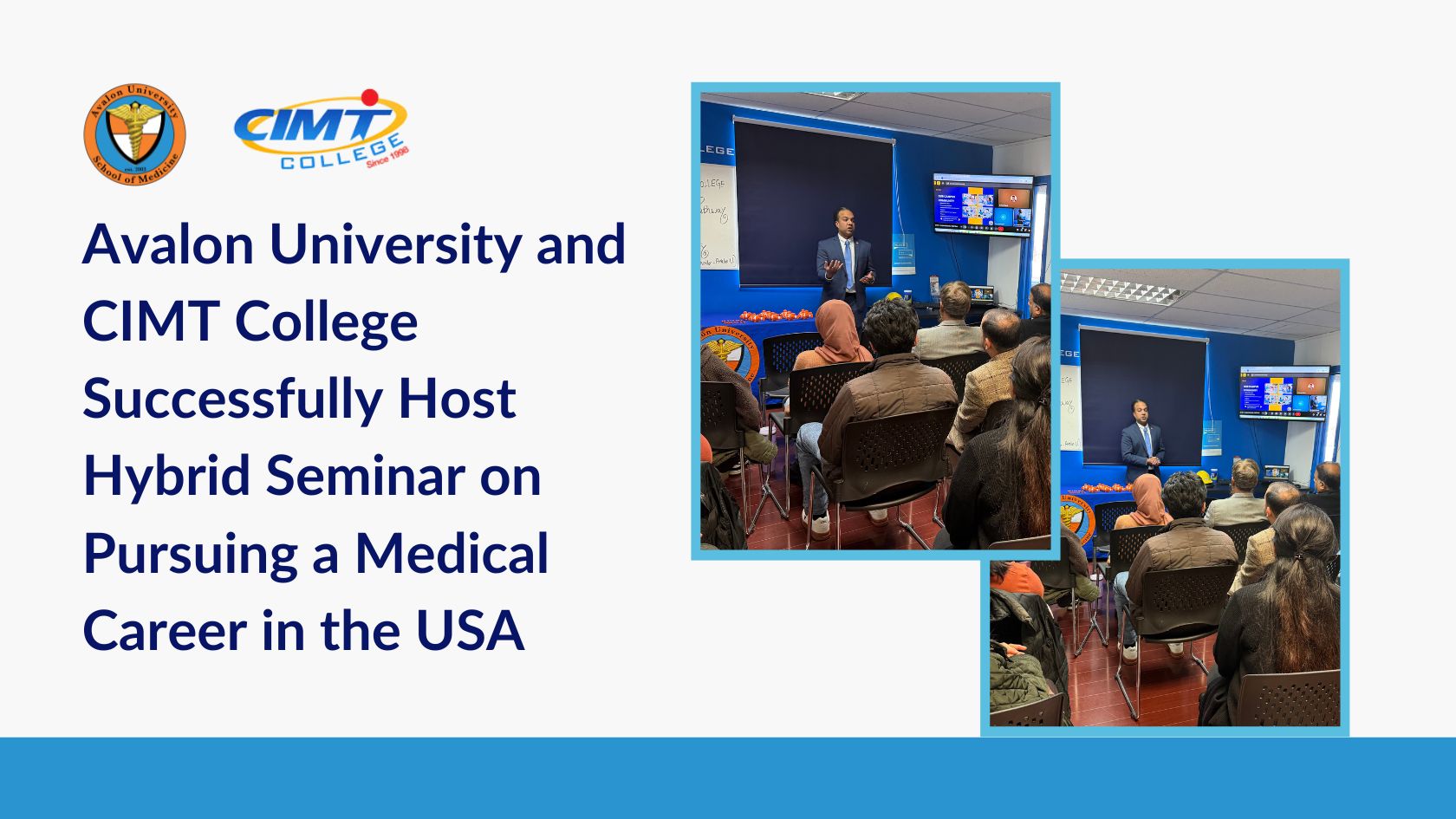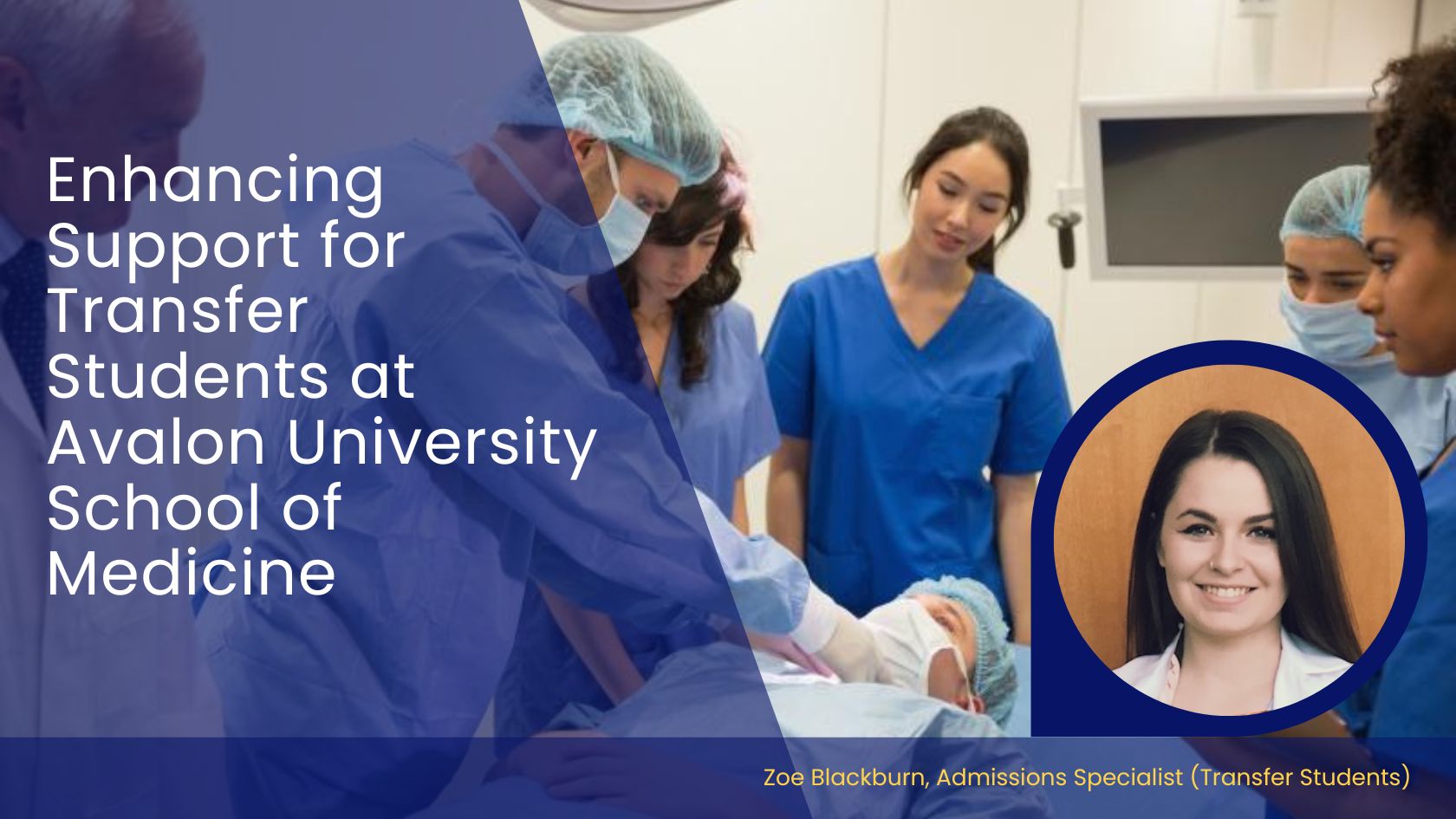IMGs Excel in 2024 Match:
Strengthening the U.S. Healthcare Workforce
In the ever-evolving landscape of healthcare, the role of International Medical Graduates (IMGs) continues to be indispensable. The recently announced results of the 2024 Main Residency Match underscore the remarkable performance and increasing significance of IMGs within the U.S. healthcare system. With over 9,000 IMGs securing first-year residency positions in accredited U.S. Graduate Medical Education (GME) programs, it’s evident that IMGs are vital contributors to addressing the healthcare needs of the nation.
The statistics paint a compelling picture of IMG’s success. A notable increase of 657 IMG matches from 2023 to 2024, comprising more than a quarter of all matched applicants, showcases the continued appeal and competitiveness of IMGs in the United States. Despite fluctuations in the numbers of U.S. citizen IMGs, the overall match rates for both U.S. and non-U.S. citizen IMGs remained steady, accentuating their consistent performance and contribution to the healthcare workforce.
IMGs have demonstrated their versatility across various medical specialties. From Internal Medicine to Neurology, IMGs have secured significant percentages of first-year positions that highlight their proficiency and adaptability. Particularly noteworthy is the substantial increase in IMG matches in specialties like Emergency Medicine and Pediatrics, which have faced unique challenges in recent years. This resurgence not only reflects the resilience of IMGs but also addresses critical gaps in specialty care, ensuring comprehensive healthcare services for patients nationwide.
IMGs have shown to play a pivotal role in meeting the evolving healthcare demands. The continued growth of IMGs in the Match is a testament to the rigorous evaluation and support provided by strong, accredited medical programs. At Avalon University, our MD program is structured to produce successful practicing physicians who will continue to pave the way for IMGs in the Match and beyond. By creating a diverse pool of highly qualified IMGs, institutions like Avalon University contribute significantly to the enrichment of the U.S. healthcare workforce. As IMGs progress in their training, they bring unique perspectives and skills that enhance patient care and contribute to the advancement of medical science.
Beyond their academic achievements, IMGs embody diversity and cultural competence, enriching the fabric of American healthcare. Their varied backgrounds and experiences enable them to connect with patients from diverse communities, fostering trust and understanding. In an increasingly multicultural society, this ability to bridge cultural gaps is invaluable, ensuring equitable access to healthcare services for all individuals, regardless of their background or circumstances.
9,000 IMGs Securing First-Year Residency Positions
Moreover, IMGs play a vital role in addressing healthcare disparities, particularly in underserved regions. By choosing specialties like Family Medicine and Primary Care, IMGs become frontline providers in communities where access to healthcare is limited. Their commitment to serving vulnerable populations aligns with the overarching goal of healthcare equity, striving to ensure that every individual receives the care they deserve.
As we celebrate the achievements of IMGs in the 2024 Match it’s essential to recognize the ongoing need for support and advocacy to further integrate IMGs into the healthcare system seamlessly. This entails addressing barriers to licensure, providing cultural competency training, and fostering inclusive work environments where IMGs feel valued and empowered to thrive.
The success of IMGs in the 2024 Match is a testament to their resilience, dedication, and invaluable contributions to the U.S. healthcare system. By harnessing the talents and perspectives of IMGs we can build a more robust, inclusive, and patient-centered healthcare workforce that meets the diverse needs of our society. As we move forward, let us continue to champion the role of IMGs in shaping the future of healthcare, ensuring a healthier, more equitable future for all.





